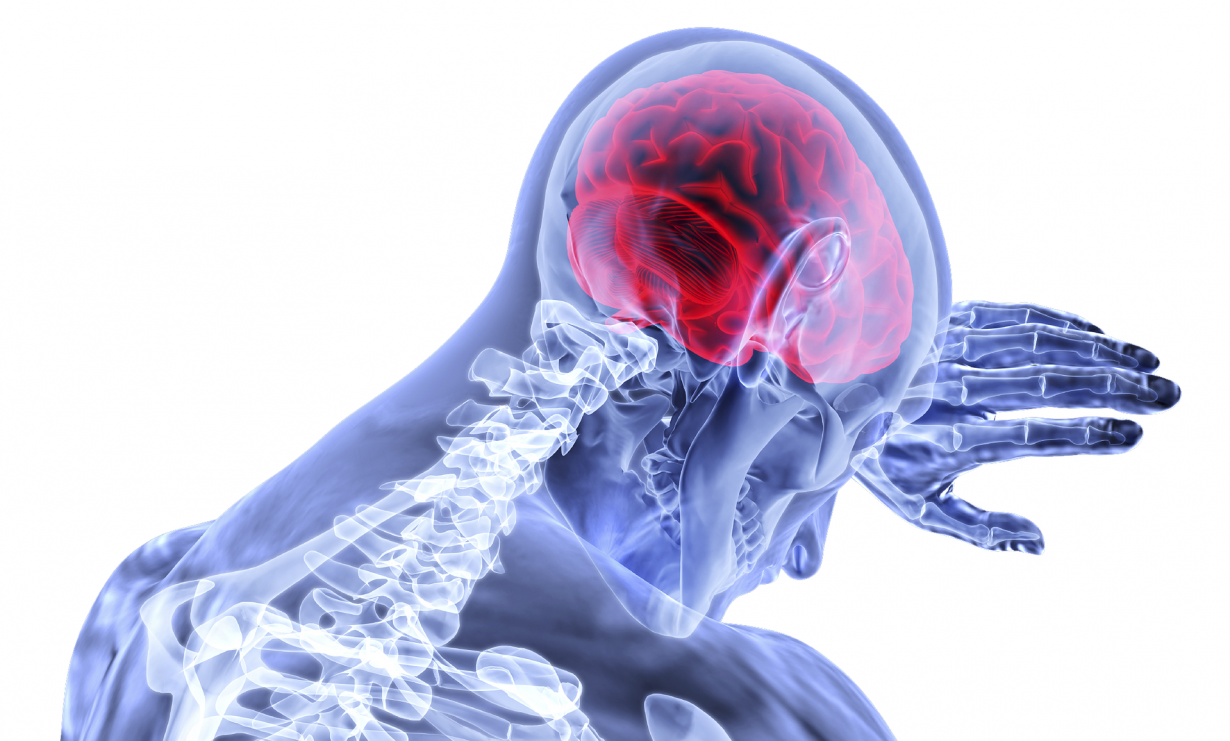
Targeting the Brain Should Be the Focus of ALS Therapy, Not Just Spinal Cord
Northwestern University via News-Medical – The brain is indeed a target for treating ALS (amyotrophic lateral sclerosis), Northwestern Medicine scientists have discovered. This flips a long-standing belief that the disease starts in the spinal motor neurons and any therapy would need to target the spine as the key focus.
A new Northwestern study shows the degeneration of brain motor neurons (the nerve cells in the brain that control movement of the limbs) is not merely a byproduct of the spinal motor neuron degeneration, as had been previously thought.
“We have discovered that the brain degenerates early in diseases like ALS, sends us warning signals and shows defects very early in the disease. Therefore, we need to repair the brain motor neurons if we want long-term and effective treatment strategies. The brain is important in ALS.” Hande Ozdinler, lead study author, associate professor of neurology, Northwestern University Feinberg School of Medicine
The paper will be published Dec. 2 in Gene Therapy.
ALS is a swift and fatal neurodegenerative disease that paralyzes its victims.
Upper motor neuron diseases, such as ALS, hereditary spastic paraplegia and primary lateral sclerosis affect more than 250,000 people a year in the U.S. alone. There is no cure and no effective long-term treatment strategy.
This is the first study to clearly reveal the brain motor neuron degeneration is not a consequence of spinal motor neuron degeneration but is independent of the spinal motor neuron degeneration.
The research also is the first to show that the gene UCHL1 is important for maintaining the health of brain motor neurons that are diseased due to two independent underlying causes. One is the accumulation of badly folded proteins and the other is the accumulation of sticky protein clumps inside the cells. These problems are observed in more than 90% of all ALS cases and also in other cases of upper motor neuron diseases.
“Our findings not only give legitimacy for targeting brain motor neuron health in ALS as a therapeutic intervention, it also reveals the first target gene that can help these neurons be revitalized,” Ozdinler said.
“This has huge clinical implications,” Ozdinler said. “Being able to modulate gene expression in diseased brain motor neurons in upper motor neuron disease patients is mind boggling. Since movement starts in the brain, if we can make the brain motor neurons happy and healthy, if we can boost their health and integrity with directed gene delivery, we may begin to develop personalized treatment options especially for patients with upper motor neuron disease, who currently have no effective treatment options.
Northwestern University scientists have previously identified NU-9, the first compound that eliminates the ongoing degeneration of upper motor neurons that become diseased and are a key contributor to ALS. Now, this study reveals the importance and significance of treating upper motor neurons in ALS and identifies the first genetic target.
The next step is to determine the best dose and the best site of injection with respect to improvement of movement and reduction of disease conditions in at least two different ALS disease models. After preclinical toxicology studies, scientists will move to translate these results into a clinical trial, a process that likely will take several years.
To read the original article click here.






